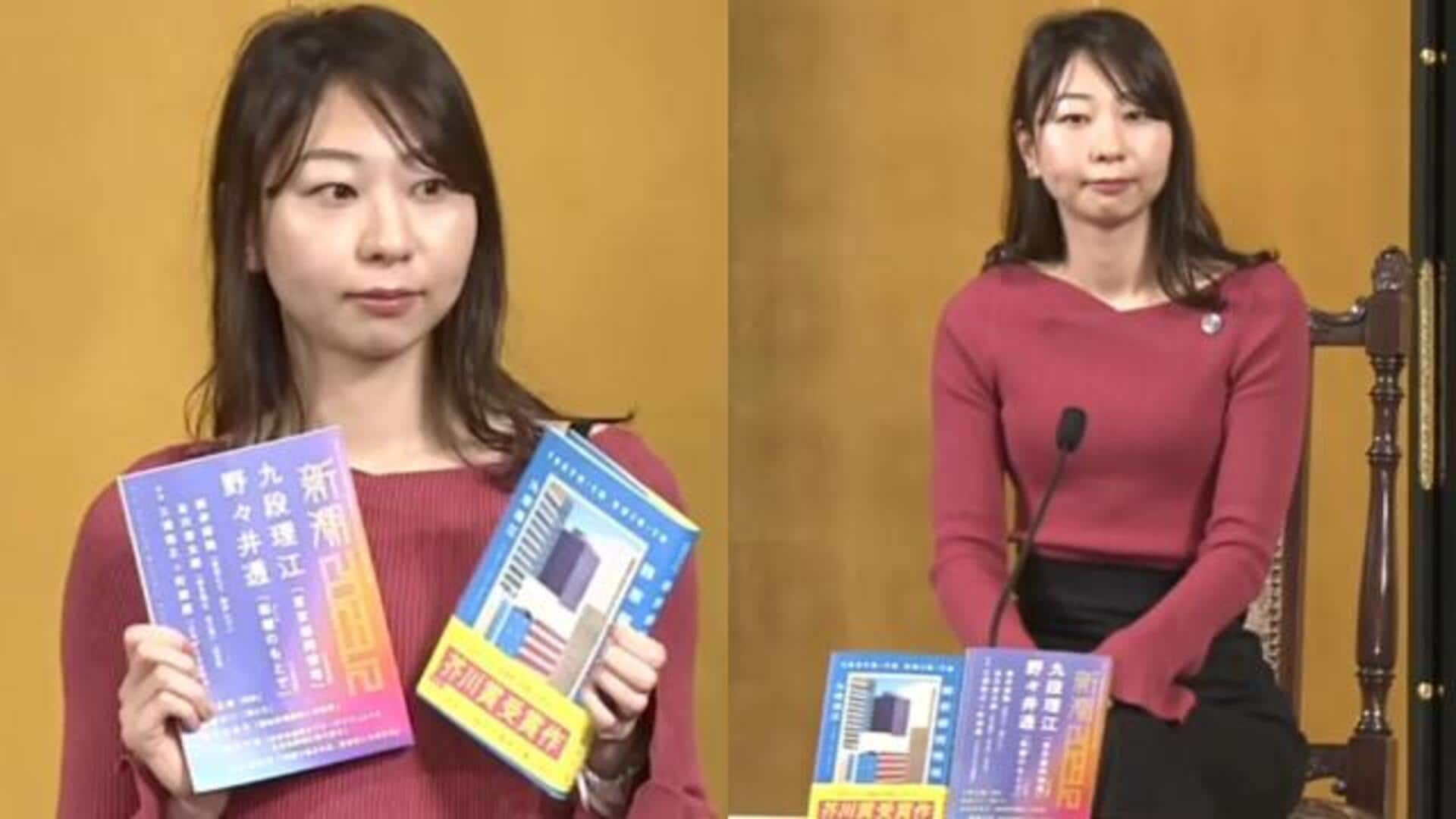
Novelist admits using ChatGPT in award-winning book
What's the story
Rie Kudan, the latest winner of Japan's esteemed Akutagawa Prize, has confessed to using AI-generated text in her novel, The Tokyo Tower of Sympathy. After winning the award, Kudan revealed that she "made active use of generative AI like ChatGPT in writing this book," with about 5% of the novel containing AI-generated sentences. This disclosure has ignited a debate about the role of generative AI in the arts and questions about authorship.
Details
Novel's theme and praise from judges
Set in a future where AI is central to human life, Kudan's novel tells the story of an architect who constructs a tower in Shinjuku for housing criminals. The plot delves into the protagonist's unease with society's acceptance of criminals and the widespread use of generative AI. Judges lauded Kudan's work as "flawless" but may now feel deceived due to the AI-generated content.
What Next?
Kudan's motivation and acceptance speech
During her acceptance speech, Kudan shared her reasons for incorporating AI into her novel. She aimed to examine how "soft and fuzzy words" can blur our understanding of justice. Kudan said, "In recent years, we find ourselves in a situation in which words have expanded without limit, and permitted unlimited interpretations." "I want to use the words with care, and to think about the positive and negative aspects of language," she added.
Insights
Public reaction and controversy
The Japan Times reported that social media reactions were quick and severe, with many users expressing concern about literature's future if AI is allowed to compete for top awards. The use of generative AI in creative fields remains contentious, as these systems are trained on vast amounts of other authors' work and are known to reproduce texts they were trained on.
Facts
Previous AI-generated art award controversies
This isn't the first instance of an AI-generated submission winning an arts award. Last year, a Sony World Photography Awards winner declined their prize after admitting their "photo" was an AI-generated fake, intending to spark debate on the issue. Similarly, the 2022 Colorado State Fair's digital art prize winner was also AI-generated. These awards continue to highlight the ongoing debate surrounding AI's acceptance in the world of arts.